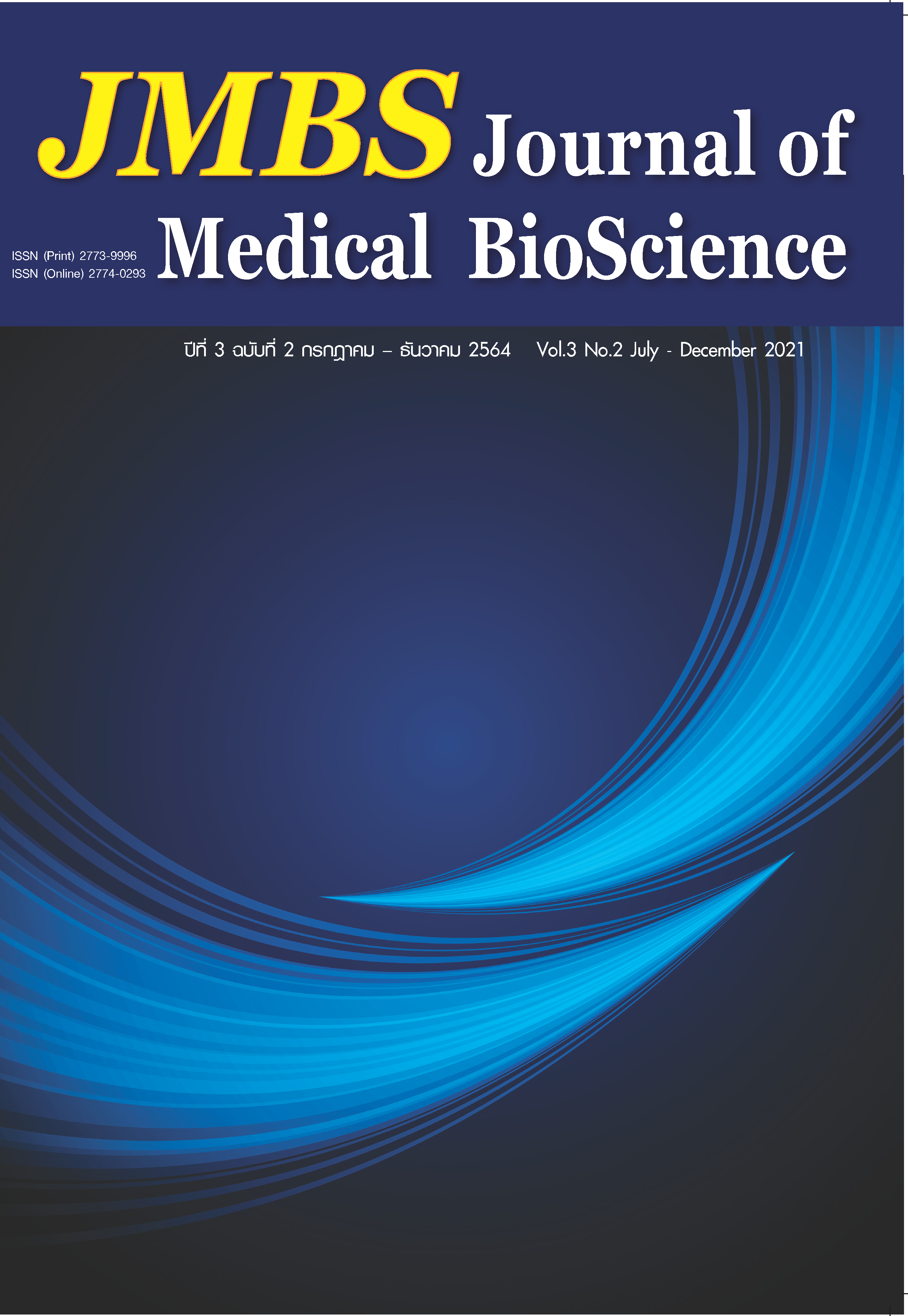A retrospective study on drug regimens for Helicobacter Pylori treatment King Chulalongkorn Memorial Hospital, Thai Red Cross Society
Keywords:
Drug regimen, helicobacter pylori, retrospective studyAbstract
Background: Currently, each country has clinical guidelines for treating Helicobacter pylori (H. pylori) infection. Therefore, analysis and follow-up of treatment results of each drug regimen are extremely important, since they could lead to selection of effective drug regimens that have high eradication rate and excellent safety profile. However, since most regimens contain at least two antibiotics, Helicobacter pylori treatment may cause development of antibiotic resistance and imbalance of bacteria in the gut. The latter situation can also lead to further gastrointestinal disease.
Objective: This study aimed to investigate drug regimens for treatment of H. pylori.
Methods: Retrospective data on patients who were diagnosed by ICD-10 criteria for H. pylori infection and received a prescription for treatment, between 1st January 2022 and 31stDecember 2022, by the researchers. The data from the electronic database, which was created specifically for research purpose, were screened and confidential.
Results: There were 340 patients diagnosed with H. pylori infection. One hundred thirty - three (39.1%) were male, while 207 (60.9%) were female. The first regimens that doctors prescribed were standard triple therapy, bismuth quadruple therapy, levofloxacin-based triple therapy, sequential triple therapy, and vonoprazan-based therapy. Standard triple therapy was the most commonly prescribed first regimen. Regimens that doctors prescribed after failure of the first regimen were levofloxacin-based triple therapy and bismuth quadruple therapy. This study found that the eradication rates for the first and second regimens were 81.2% and 81.8%, respectively. The eradication rate of H. pylori was calculated from patients who came to their follow-up visits. There were 63 and 11 patients who did not come to the first and second post-treatment follow-up visits, respectively.
Conclusion: Standard triple therapy remained the mainstay of treatment H. pylori. The main problem found in this study was patients’ unawareness of the importance of follow-up visits to confirm eradication of H. pylori. Therefore, pharmacists play an important role in giving advice on taking medicine continuously and emphasizing the importance of post-treatment follow-up visits.






